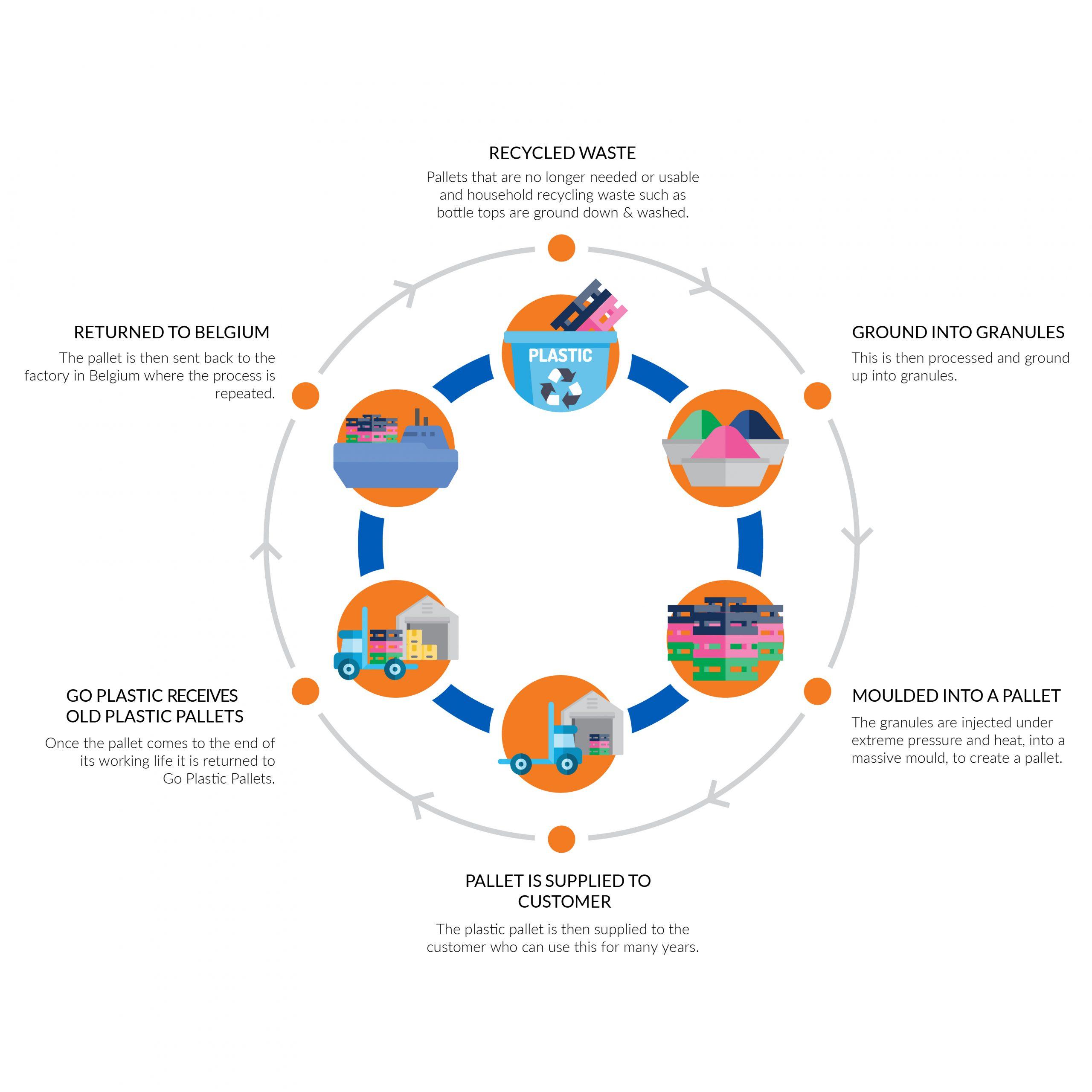Training and Development Manager – Education: Essential Skills, Qualifications, and Career Path
Are you passionate about education technology and eager to shape the future of teaching and learning? If you dream of making a real impact in schools, colleges, or universities by helping staff and faculty adapt to digital conversion, a role as a Training and Development Manager in education could be your ideal career path. This guide will equip you with everything you need to know—including key skills, academic requirements, responsibilities, career progression, and practical tips—so you can confidently pursue a rewarding job in this dynamic field.
What Does a training and Development Manager in Education do?
A Training and Development manager in the education sector is a pivotal professional responsible for designing, delivering, and overseeing staff training programs focused on the integration of educational technology (EdTech). These professionals ensure that teachers, professors, and administrative staff are equipped with the digital skills, knowledge, and tools necessary to enhance learning outcomes and streamline educational administration.
- Developing digital training programs and modules
- Facilitating workshops on new technologies and platforms
- Evaluating the effectiveness of professional development initiatives
- Supporting technology adoption and change management
- Collaborating with IT,academic leaders,and EdTech vendors
Essential Skills for Training and Development Managers in Education
Success in this role requires a blend of technical proficiency and people skills. Here are some crucial skills for Training and Development Managers in education technology:
1. Instructional Design expertise
- Designing impactful training materials, both conventional and digital
- Familiarity with Learning Management Systems (LMS) like Canvas, moodle, Blackboard
2.Educational Technology Proficiency
- Knowledge of current EdTech tools, apps, and platforms
- Staying updated on digital trends in online learning and classroom technology
3. Strong Interaction and Presentation Skills
- Confidently leading group training sessions and workshops
- Translating technical concepts into easy-to-understand language
4. Analytical and Evaluation Skills
- Assessing training efficacy using data and feedback
- Adjusting strategies for maximum impact
5. Project Management
- Organizing multiple training projects simultaneously
- Managing deadlines,resources,and cross-functional teams
6.Leadership and coaching
- Mentoring staff and fostering a culture of continuous learning
- Encouraging innovation and adaptation to change
Qualifications Required to Become a Training and development Manager in Education
To land a Training and Development Manager job at a university, college, or school, certain educational credentials and professional experiences are necessary:
- Bachelor’s Degree: most roles require, at minimum, a degree in education, instructional design, educational technology, human resources, or a related field.
- Master’s Degree (Preferred): Advanced positions often seek candidates with a master’s in Educational Technology, Curriculum & Instruction, Organizational Development, or Adult Education.
- Professional Certifications:
- Certified Professional in Learning and Performance (CPLP)
- Certified Professional in Training Management (CPTM)
- Google Certified Educator or similar edtech certifications
- Relevant Experience: Prior experience in teaching, coaching, training, or managing educational projects is usually required. Experience with EdTech integration is a huge advantage.
Key Responsibilities of an Education Training and Development Manager
Daily work involves multi-faceted responsibilities supporting digital transformation in education. Typical duties include:
- Analyzing the training needs of educators and staff regarding new technologies
- Developing and implementing tech-focused training programs and resources
- Facilitating hands-on workshops, webinars, and e-learning sessions
- Measuring and reporting on training effectiveness
- Managing EdTech adoption projects and timelines
- Leading and motivating training and support teams
- Evaluating new trends and tools to recommend innovative solutions
- Collaborating with cross-functional teams within schools, colleges, or universities
Career Path and Advancement Opportunities
A career as a Training and development Manager in education Technology opens many doors to leadership and specialist roles. Here’s a typical career trajectory:
- Entry-Level Roles: Instructional Designer, Training Coordinator, Educational Technologist
- Mid-Level: Training Specialist, EdTech Implementation Manager, Professional Development Lead
- Management: Training and Development Manager, Director of Professional Learning, Head of Faculty development
- senior Leadership: Chief Learning Officer, Director of Academic Technologies, VP of Learning Innovation
Advancement depends on building expertise in EdTech, developing leadership skills, and achieving measurable successes in organizational training initiatives.
Benefits of Working as a Training and Development Manager in Education Technology
- Impact: Directly influence the quality of education and support teacher success
- Growth: Be at the forefront of EdTech innovation and continuous learning
- Collaboration: Work with diverse teams including educators, IT, faculty, and administrators
- Job Security: Growing demand for digital skills across educational institutions makes this a future-proof career
- competitive Salary & Benefits: Training and Development Managers in education enjoy attractive compensation, especially in higher education settings
Practical Tips for Becoming a Prosperous Training and Development Manager in Education
- Stay Current: Regularly update your knowledge of emerging educational technologies and digital teaching methods.
- Network: Build connections with EdTech professionals, attend industry conferences, and join educational associations.
- Gain Hands-On Experience: Volunteer for pilot programs or training initiatives at your institution or in online communities.
- Develop Soft Skills: Effective communication, collaboration, and change management are just as vital as technical skills.
- Showcase Achievements: Document successful training initiatives in your portfolio or on your resume for potential employers.
- Consider Continuing Education: Earn relevant certifications or enroll in postgraduate courses to stand out in a competitive job market.
Conclusion
A career as a Training and Development Manager in education Technology offers an exciting blend of challenges and rewards. These professionals are the backbone of digital innovation in schools, colleges, and universities—making sure that educators are well-equipped to use the latest tools and methods that enhance learning. By cultivating the right skills,pursuing targeted qualifications,and actively developing a strong industry network,you’ll be well on your way to landing—and thriving in—your dream job in this field.
Invest in your growth, remain adaptable, and you’ll help shape the future of education for generations to come. Start your journey today toward becoming a valued Training and Development Manager in the world of Educational Technology.

